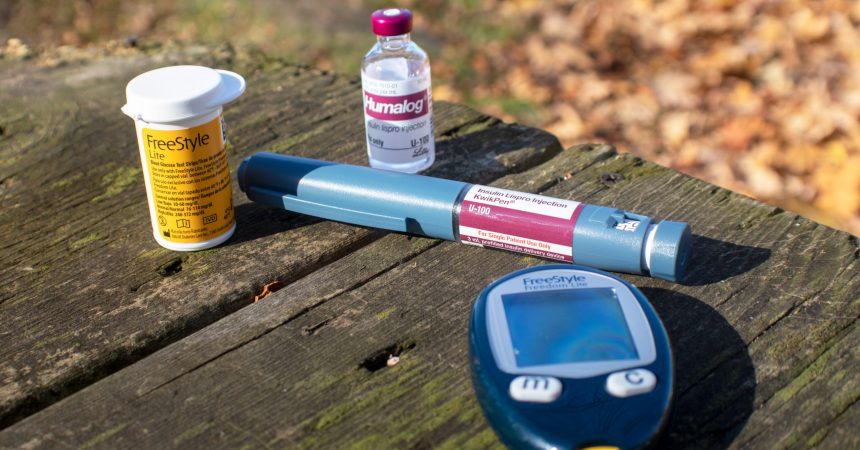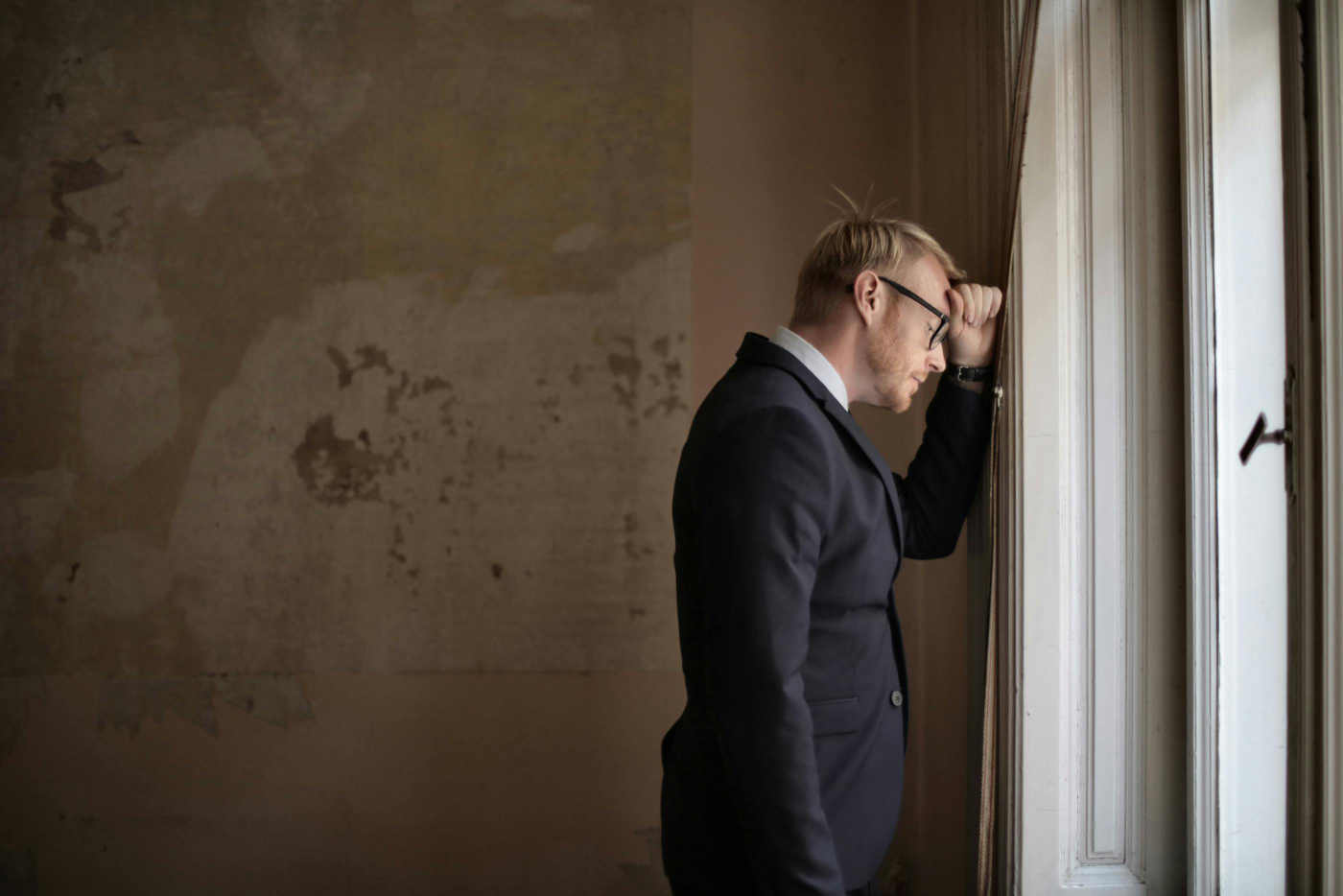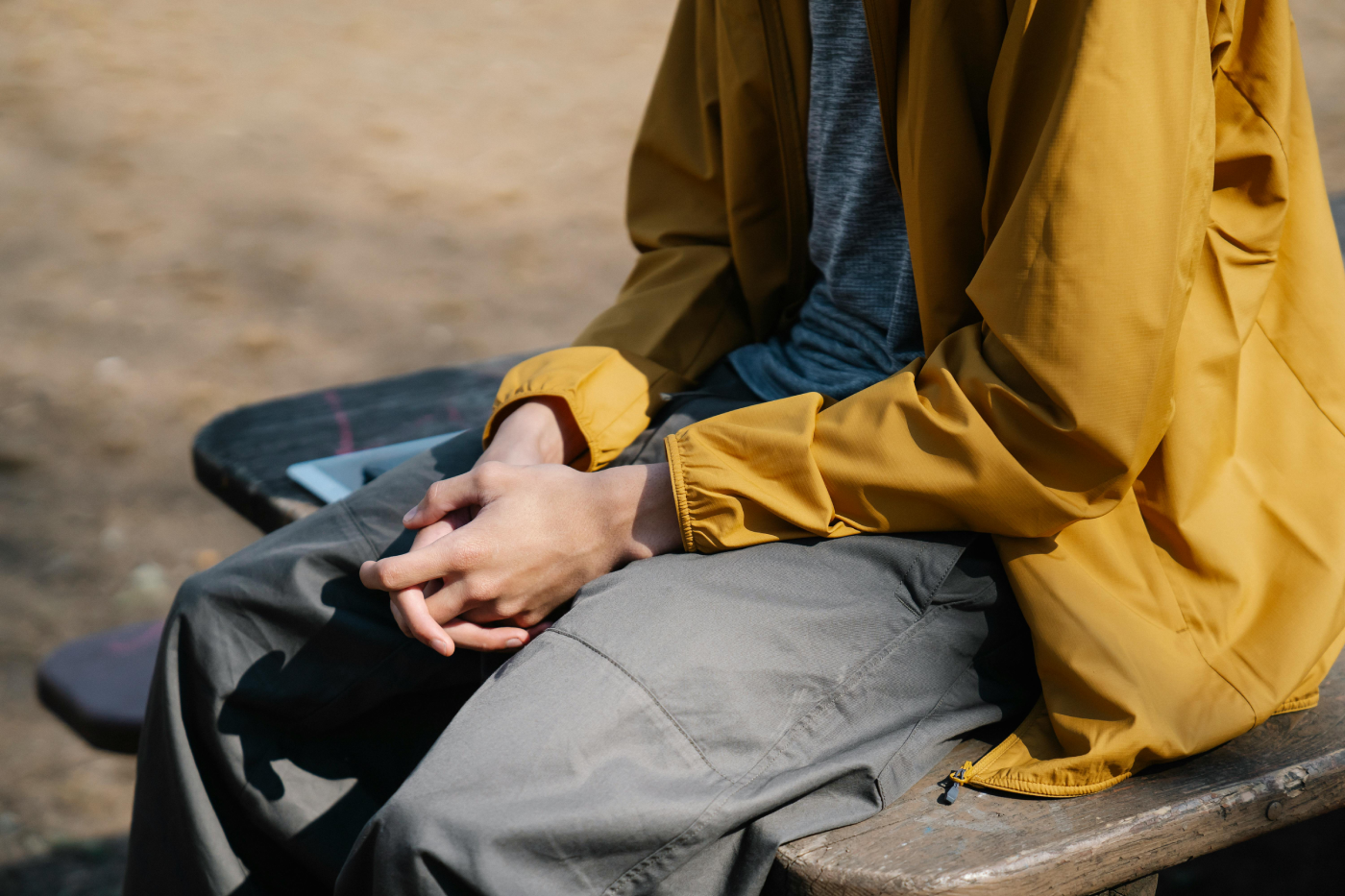Drinking has become part of almost all adults’ lives. Whether that is going down to the bar on a Friday night with some friends, having a glass of wine to unwind at home, or having a couple of cheeky cocktails at dinner. Individuals diagnosed with type 1 diabetes no longer have to live a completely different life from everyone else; however, there are a few factors that individuals need to be aware of to manage their condition.
Managing your diabetes when consuming alcohol
There are several factors that individuals who have been diagnosed with type 1 diabetes need to be aware of and be prepared for. The first is:
- Be ready and prepared to get your diabetes kit out and hypo treatments prepared to check your blood sugar levels before, during, and after your start drinking.
- Ensure the friends and family you go out with are aware and encourage you to take care of yourself and your condition.
- Ensure the individuals you go out with are aware of what to do if you have a hypo
- Ensure you DO NOT eat on an empty stomach. Consuming foods such as a sandwich before you go on a night out will help you avoid hypo
- Remember that dancing is an exercise that can drop your blood sugar levels. You may end up walking a lot of you are going from venue to venue, so please keep this in mind.
- If you have a hypo, make sure you treat it before you go to sleep
- Drink at least a glass of water once you have got home, and remember to check your blood sugar levels
How does alcohol affect your blood sugar?
Moderate amounts of alcohol may cause your blood sugar levels to rise significantly; however, consuming an excessive amount of alcohol can result in a decrease in your blood sugar level, which can be extremely dangerous for individuals who have type 1 diabetes. Individuals should only be drinking alcohol if they are eating alongside.
We would always advise you wear your medical alert piece of jewelry that ensure individuals know you have diabetes. In emergencies, glucagon may not be practical, so ensure the friends and family you are with tell the 911 medics.
Alcohol and diabetes medication
Alcohol can cause your blood glucose levels to fall and rise depending on how much you have consumed. Some diabetes pills such as Meglitinides and Sulfonylureas also lower blood glucose levels by stimulating the pancreas to make more insulin. Combining the lowering of blood sugar levels by medication and alcohol has a significant chance of leading to hypoglycemia, otherwise known as an insulin shock, an absolute medical emergency. 911 must be called in if this situation arises.
Effects of alcohol when you have diabetes
Below we have identified how alcohol can affect individuals who have type 1 diabetes. The first can be :
- Raised blood sugar levels can be from alcoholic beverages such as wine and beer as they both contain carbohydrates
- Excessive alcohol consumption can cause your blood sugar levels to drop to hazardous levels, especially for individuals who have T1D.
- Alcoholic drinks will often contain a lot of hidden calories, which can cause you to overeat and affect your blood sugar control, resulting in you gaining weight or finding it hard to lose weight
- Alcohol can potentially interfere with the positive effects of oral diabetes, insulin, or medicine
- Your triglyceride levels may be increased
Chose your drinks wisely
Alcohol will, in general, drop your blood sugar levels; however, the sugar that is already present within your drinks can increase it. Individuals with type 1 diabetes must pay attention to the drinks they consume and their carbohydrates. Understanding the effects of alcohol on your blood sugar levels will keep you safe when you go out with friends; we would always advise that the individuals you go out with know and understand the effects of alcohol on individuals with T1D.
Have a fun night but be careful
Drinking while dealing with T1D does come with its challenges; however, it doesn’t mean you can’t drink and have fun in social situations that involve alcohol.
It would always be advised that the best way to keep yourself safe is to ensure you fully understand your condition and the effect of alcohol on your body. An added benefit would be your friends understanding what to do if you have a hypo.
Suppose you find yourself beginning to drink more than you should or see yourself depending on alcohol. In that case, we advise you to check yourself into Shoreline Recovery Center for an initial assessment to determine if you have an alcoholic problem. If your results indicate that you have an alcohol abuse problem, we can begin a bespoke treatment plan to get you back on the road to recovery.







